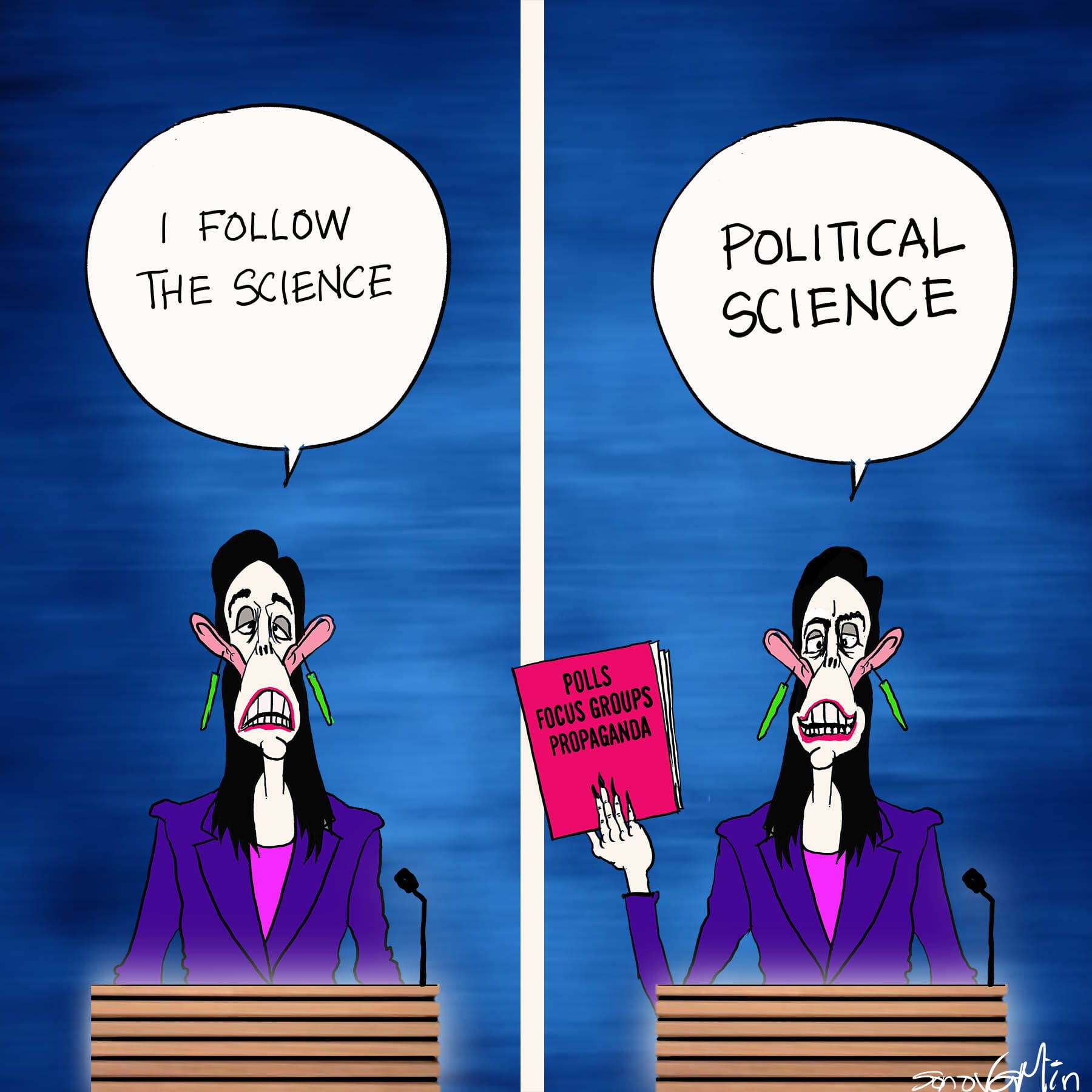Table of Contents
Guy Hatchard PhD
daragrennie.com
Guy Hatchard PhD has a background in statistical analysis and was an employee of Genetic ID, a global safety testing and certification company.

Vaccine Mandates
On September 21st Jacinda Ardern emphatically claimed that those who refuse vaccination would face no penalties at all. Curiously Ardern added:
“anyone who doesn’t take up an effective and trusted and safe vaccine when it becomes available, that will come at a risk to them.”
Clearly at this point, since it was available, Ardern knew that the Pfizer vaccine did not fit all the criteria: effective, safe, and tested. In actuality we were to find out soon enough that it does not fit any of these criteria.
On October 3rd, realising that productive dialogue with my private correspondents was at an end, I wrote an open letter to Jacinda Ardern. This was very widely read and shared. In this, I discussed the uncertainties around vaccine outcomes and safety. I urged the government to adjust its message that vaccination would enable
personal freedoms to be restored, and to broaden its message to include preventive approaches to improve health. I received no reply and my correspondents among government advisors ceased responding altogether. I had overstepped an unwritten rule—no doubts about vaccine safety were to be raised in public.
On October 11th Cabinet announced sweeping vaccination mandates for staff in the education and health sectors. From this point on, vaccine mandates were floated as the way ahead to the lifting of lockdowns and ‘freedom’.
Clearly, between September 21st and October 11th, something happened to radically change Ardern’s mind about mandates. She must have started to either believe that the Pfizer vaccine was both safe and effective or decided to ignore these criteria—her own pre conditions for mandates.
From my earlier correspondence with government science advisors and their subsequent public comments, it seemed clear that they remained cautious about the wisdom of lifting lockdowns and should have been able to recognise the limitations of vaccine effectiveness. Business advisors less so, but even they were emphatic that they would defer to science advice.
Factors Influencing Government Policy
There was a fundamental mistake in Jacinda Ardern’s perception and use of ‘science’. Science was being treated as a monolithic body of knowledge. In fact, scientific disciplines contain competing ideas, paradigms, and theories. Separate disciplines have overlapping expertise but often their practice is so separated that experts in different fields are unaware of each other’s conclusions. Ardern had come to rely on the advice of epidemiologists whose profession was dominated by a fear of infectious agents and a deep belief in vaccination.

What other factors influenced the change in government policy? Perhaps during this time, political decisions began to take precedence over science. Clearly, the natives were getting restless in Auckland which had been under near total lockdown for two long months. During this period Israel, the other country exclusively using the Pfizer vaccine, was in the middle of a surging third wave of cases and deaths. Therefore Ardern should have known that the vaccine was not effective enough to support her aim of control and elimination.
There was also a mistaken statistical and methodological idea that rolled over from early calculations of herd immunity. If the effectiveness of the Pfizer vaccine remained at 95% as was believed early on, herd immunity could have been achieved with 60% to 70% of the population vaccinated. As it became known that the effectiveness of the Pfizer vaccine waned, this figure was revised up to 95% and even to 99% by some. This would have been a powerful motivation for vaccine mandates. But the calculation was in most respects inappropriate.
Firstly the vaccine allowed transmission rather easily and secondly, real-world data showed that even countries with 100% vaccination like Gibraltar and Portugal were experiencing waves of covid infection.
Also, vaccine effectiveness drops to zero after 7 months, completely negating any possibility of herd immunity. This left the justification for mandates clinging on to one last handhold—vaccines reduce hospital admissions. Our overstretched health service might just need this in order to cope. The significance of this pales in the face of a hard truth, covid mortality is still primarily related to comorbidities and age. Smokers, diabetics, immune-compromised persons, the elderly and infirm, and the unhealthy are most at risk.
This is compounded by something disturbing hidden in real-world data, figures published by UKSHA showed that for individuals over 19, the rate of transmission was almost twice as high among the vaccinated when compared to the unvaccinated. These calculations should have sounded alarm bells. They didn’t, they were rejected as obviously false, a rejection that had no basis in science.
Some experts in genomics however have taken them very seriously and have begun to research biochemical pathways and mechanisms which would possibly allow vaccination to facilitate susceptibility. This underlines the as yet unknown and the ‘in progress’ research projects. Any government rigidly enforcing mandates and speaking in absolutely certain terms, as Ardern is, has lost the thread of the science.
Did the government take advice from Medsafe on safety? Did Medsafe’s reluctance to classify reported adverse effects and deaths as related to vaccination convince her that the Pfizer vaccine was safe? Medsafe is a member of the International Coalition of Medicines Regulatory Authorities (ICMRA). ICMRA is well connected to the commercial vaccine industry and was known to be writing pro vaccination covid policy statements which were distributed to its members via the data sharing channels ICMRA had established.
If Ardern had consulted with other governments, she may well have found they shared similar views about mandates just because the same policy papers of ICMRA had found their way to every government desk—a phenomenon well known in network theory. ICMRA had since its formation in 2015 cemented a central place in the medical regulatory network (known as a centrality effect). In effect, it had created an unbalanced network, whereby all medicines regulatory bodies around the world were receiving the same information and advising their political decision makers in the government accordingly.
Political decision makers however were unaware of the centrality of ICMRA policy briefings. If one Government head were to speak to their counterpart in another country they would be gratified and reinforced to find that they had similar ideas about mandates. If they spoke to several at an international meeting of heads of state, they would be
reinforced many times over in an opinion that had actually been fed to all of them by a single vested interest. This phenomenon is known as reflection in network theory and systematically creates network bias.
To be continued…
Please share this article so that others can discover The BFD.









